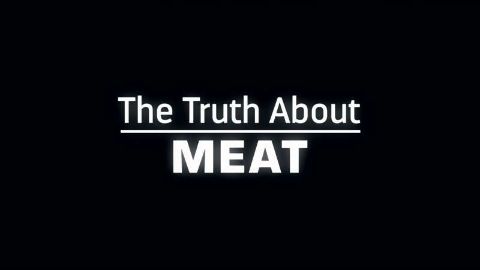The Rebel Physician: Nicholas Culpeper's Fight for Medical Freedom • 2007
Benjamin Woolley presents the gripping story of Nicholas Culpeper, the 17th century radical pharmacist who took on the establishment in order to bring medicine to the masses. Culpeper lived during one of the most tumultuous periods in British history. When the country was ravaged by famine and civil war, he took part in the revolution that culminated in the execution of King Charles I. But it is Culpeper's achievements in health care that made him famous. By practicing (often illegally) as a herbalist and publishing the first English-language texts explaining how to treat common ailments, he helped to break the monopoly of a medical establishment that had abandoned the poor and needy. His book The English Physician became the most successful non-religious English book of all time, remaining in print continuously for more than 350 years.
Make a donation
Buy a brother a hot coffee? Or a cold beer?
Hope you're finding these documentaries fascinating and eye-opening. It's just me, working hard behind the scenes to bring you this enriching content.
Running and maintaining a website like this takes time and resources. That's why I'm reaching out to you. If you appreciate what I do and would like to support my efforts, would you consider "buying me a coffee"?
Donation addresses
BTC: bc1q8ldskxh4x9qnddhcrgcun8rtvddeldm2a07r2v
ETH: 0x5CCAAA1afc5c5D814129d99277dDb5A979672116
With your donation through , you can show your appreciation and help me keep this project going. Every contribution, no matter how small, makes a significant impact. It goes directly towards covering server costs.





